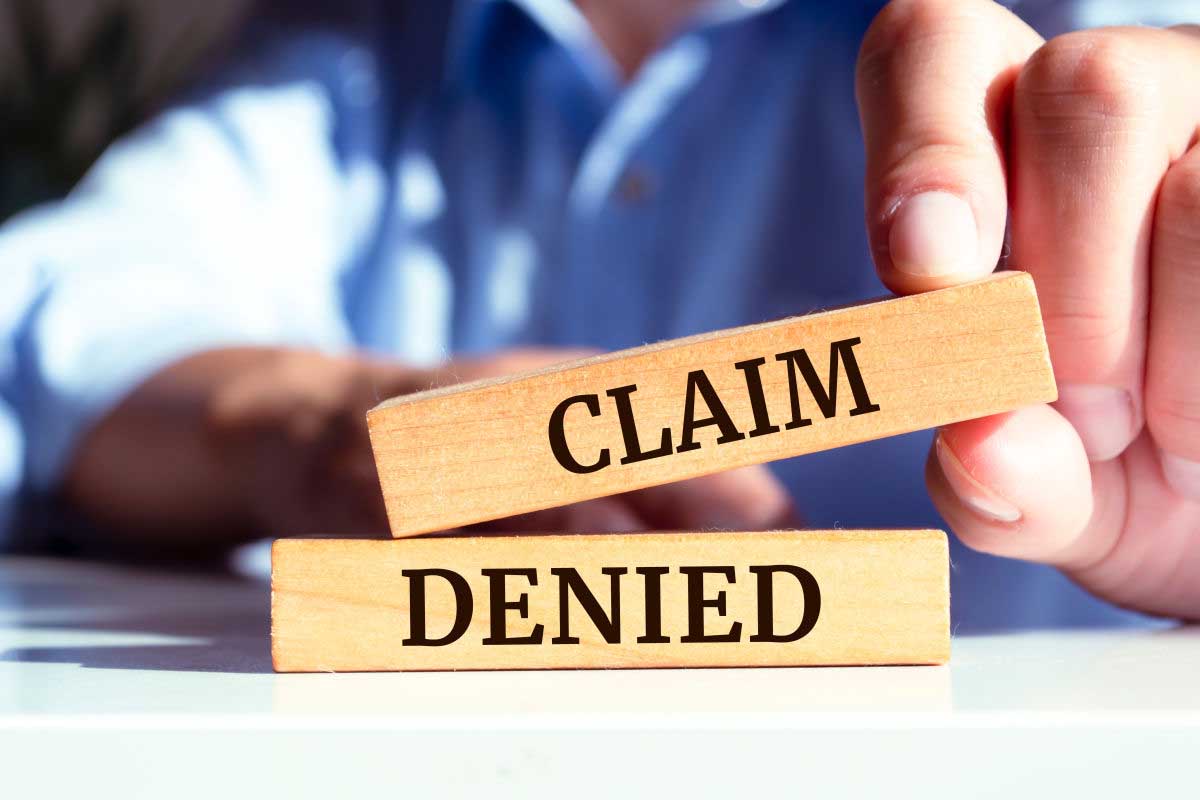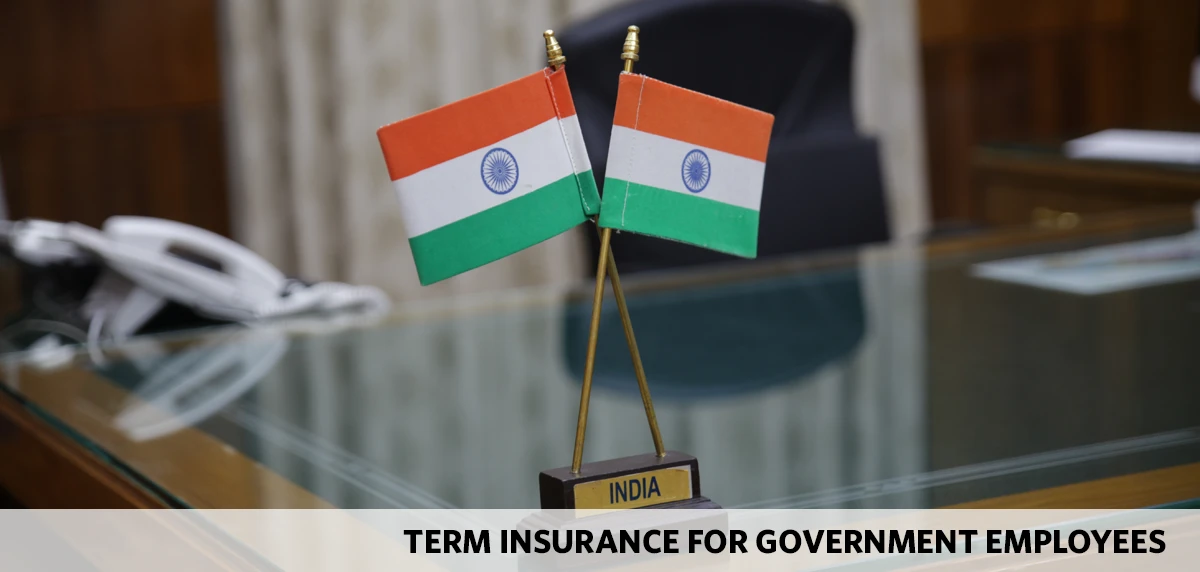Term insurance plans are known to be relatively simple plans with a highlight on the death benefit as the primary provision of the plan. It is meant to provide a critical safety net for families, ensuring financial stability in the unfortunate event of the policyholder's death.
However, at times, navigating the claim process can be challenging, and term insurance claims can get rejected for several reasons. Understanding these reasons is crucial for policyholders and beneficiaries to avoid pitfalls and secure the intended benefits.
Let’s look at some of the common reasons for term insurance claim rejections.
Misrepresentation or Non-Disclosure of Facts
One of the primary reasons for term insurance claim rejection is the misrepresentation or non-disclosure of crucial information during the application process. Insurance companies rely on the accuracy of the information provided to assess risk and determine premiums.
Common instances include:
Health information:
Failure to disclose pre-existing medical conditions or habits such as smoking and drinking can lead to claim rejection. For instance, if a policyholder was a smoker but declared themselves a non-smoker, the claim might be rejected.
Occupational hazards:
Certain occupations carry higher risks, and not disclosing these can result in a denial of claims.
Lifestyle choices:
Engaging in high-risk activities such as adventure sports without proper disclosure can also lead to claim rejections.
Policy Lapse Due to Non-Payment of Premiums
A straightforward yet common reason for term insurance claim rejection is the lapse of the policy due to non-payment of premiums. If the policyholder fails to pay the premiums on time and the grace period lapses, the policy becomes inactive. Consequently, any claims made after the policy has lapsed will be rejected.
Tips to Avoid Policy Lapse:
Set up automatic payments:
Ensure premiums are paid on time by setting up automatic deductions from your bank account.
Reminders:
Use reminders or calendar alerts to keep track of payment dates.
Grace Period:
Utilise the grace period effectively if you miss the initial payment date.
Incorrect Information on the Application Form
Providing incorrect information, whether intentionally or accidentally, can result in claim rejection. This includes errors in personal details, nominee information, or any other critical data required by the insurance provider.
Personal details:
Incorrect name, age, or gender can lead to complications during the claim process.
Nominee information:
Errors in the nominee's details can cause delays or rejection of the claim.
Here are some best practices for accurate application submission:
Double-check details:
Verify all information before submission.
Seek assistance:
If unsure, seek help from the insurance advisor to fill out the application correctly.
Update changes:
Inform the insurer promptly of any changes in personal or nominee details.
Death During the Waiting Period
Most term insurance plans come with a waiting period, typically ranging from 30 to 90 days from the commencement of the policy. Claims made for deaths occurring within this period are generally not honoured, except for accidental deaths. Understanding the terms and conditions related to the waiting period is crucial for beneficiaries.
Many term insurance policies include a suicide clause, which states that if the policyholder commits suicide within a specified period (usually one year from the policy inception date), the claim will not be paid. This clause is designed to prevent misuse of the insurance policy.
Engaging in Criminal Activities
If the policyholder's death is a result of engaging in criminal activities, the term insurance claim will be rejected. This includes deaths due to illegal activities, involvement in riots, or other criminal acts.
Non-Compliance with Policy Terms and Conditions
Every insurance policy has specific terms and conditions that need to be adhered to. Non-compliance with these terms, such as not informing the insurer about significant life changes, can lead to claim rejection.
Here are some examples of non-compliance
Claiming During Exclusions Period
Insurance policies often have exclusion periods for specific conditions or scenarios. Claims arising from these excluded scenarios will not be honoured.
Common exclusions include:
Understanding the reasons for term insurance claim rejection is essential for both policyholders and beneficiaries. Ensuring accurate information during the application process, timely payment of premiums, and adherence to policy terms can significantly reduce the risk of claim rejection.
Utilising online tools such as a term insurance calculator can help in selecting the right plan and premium amount, ensuring that the policy remains active and beneficial when needed the most.
By being aware of these common pitfalls and taking proactive steps to avoid them, policyholders can ensure that their term insurance plans provide the intended financial protection to their loved ones.
Disclaimers:
Disclaimers: IndiaFirst Life Insurance Company Limited, IRDAI Regn No.143, CIN: U66010MH2008PLC183679, Address: 12th & 13th floor, North Tower, Building 4, Nesco IT Park, Nesco Centre, Western Express Highway, Goregaon (East), Mumbai – 400 063. Toll free No – 18002098700. Email id: customer.first@indiafirstlife.com, Website: www.indiafirstlife.com. Fax No.: +912268570600. IndiaFirst Life Insurance Company Limited is only the name of the Life Insurance Company and ________________ UIN ____________ is only the name of the Life Insurance Product and does not in any way indicate the quality of the contract, its future prospects, or returns. For more details on risk factors and terms and conditions, please read the sales brochure carefully before concluding the sale. Trade logo displayed above belongs to our promoter M/s Bank of Baroda and is used by IndiaFirst Life Insurance Co. Ltd under License. Advt.
Ref. No.: __
BEWARE OF SPURIOUS/ FRAUD PHONE CALLS!
|
IRDAI is not involved in activities like selling insurance policies, announcing bonus or Investment of premiums. Public receiving such phone calls are requested to lodge a police complaint.
|
























